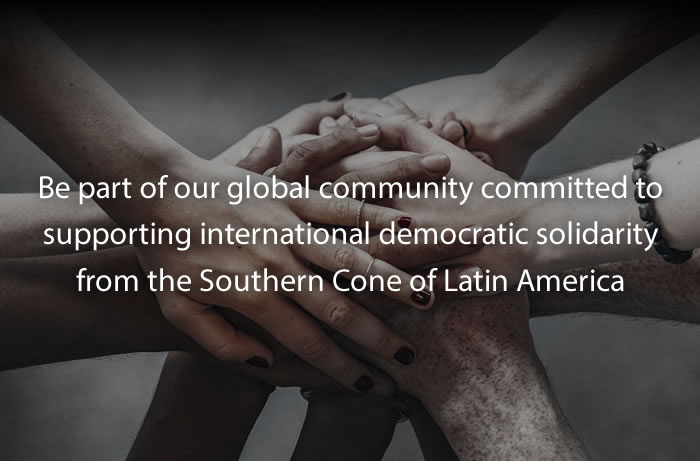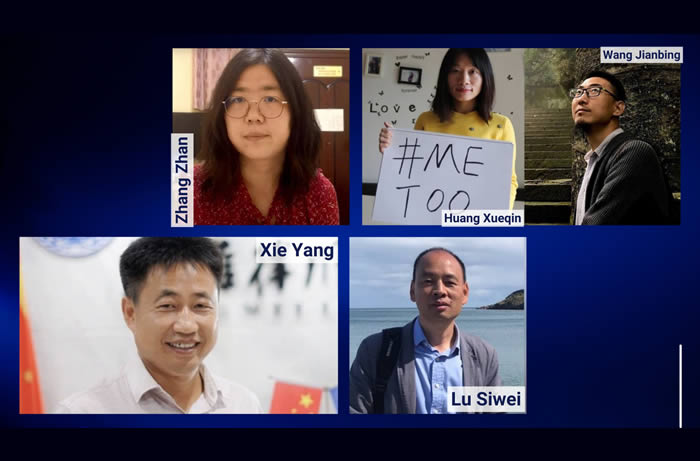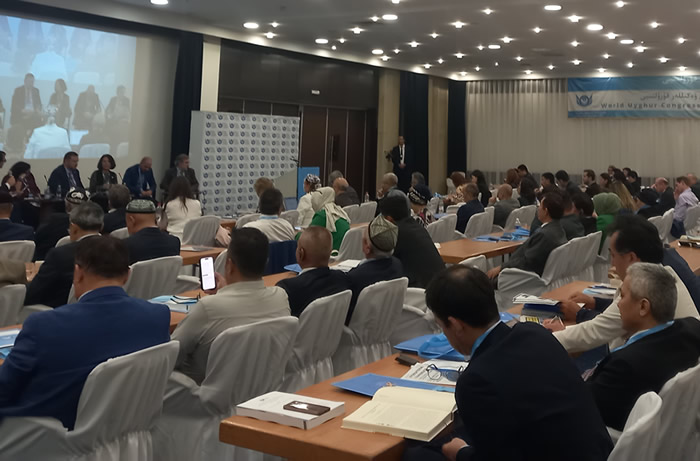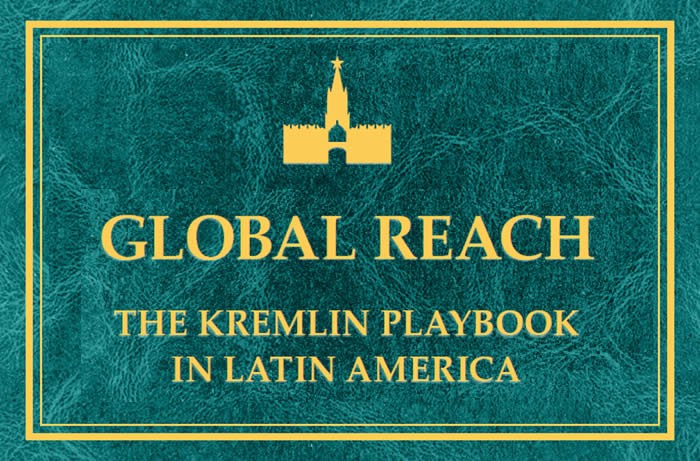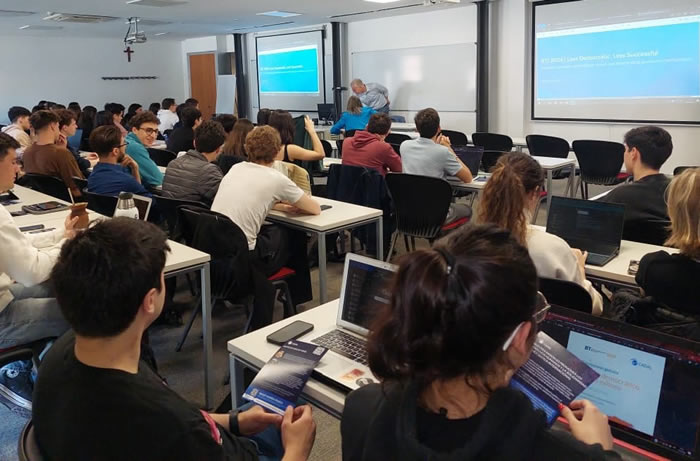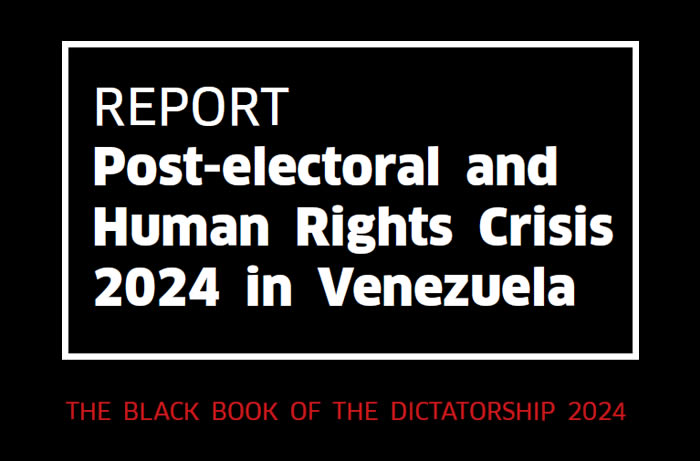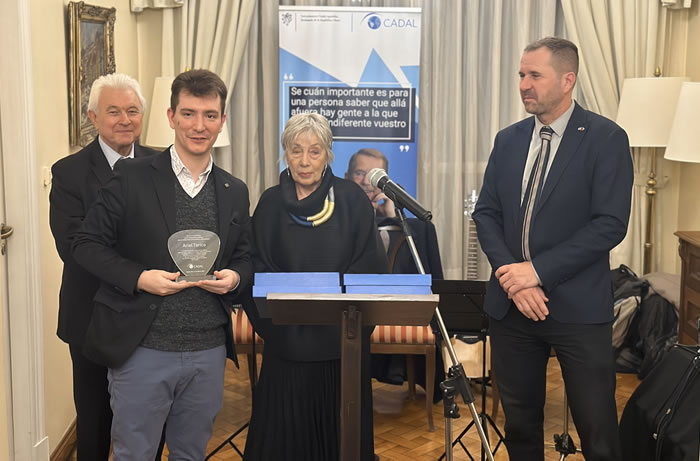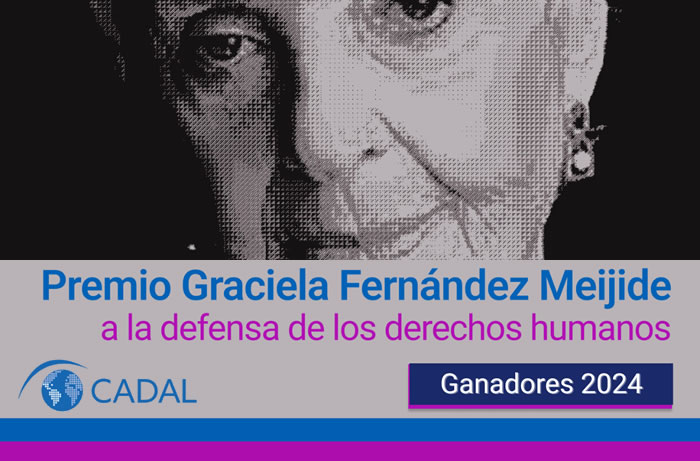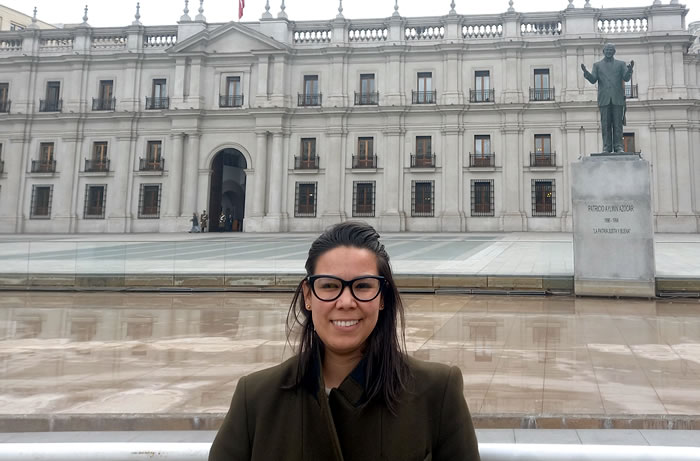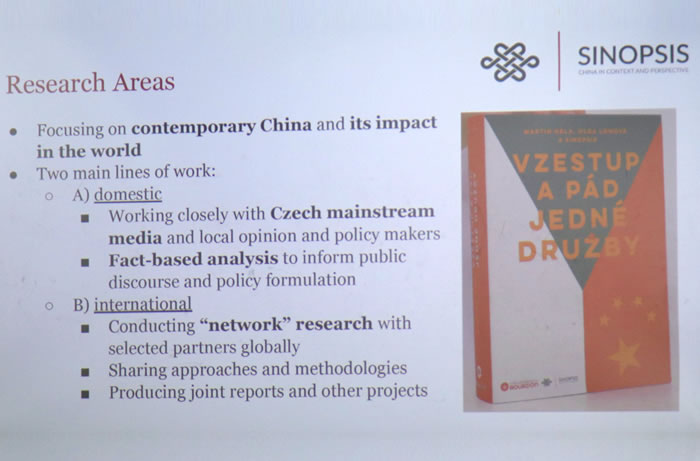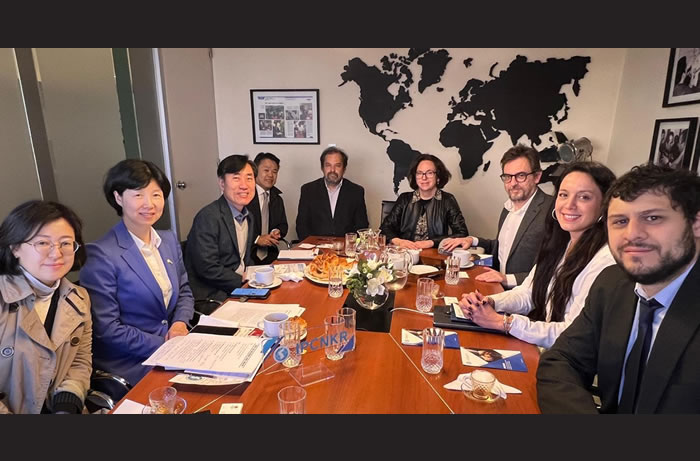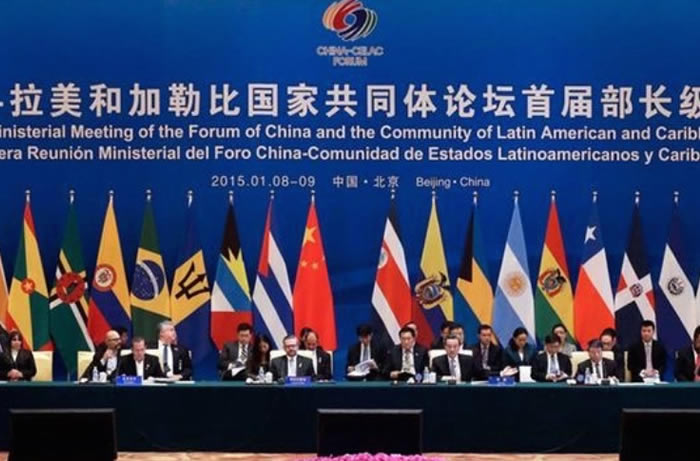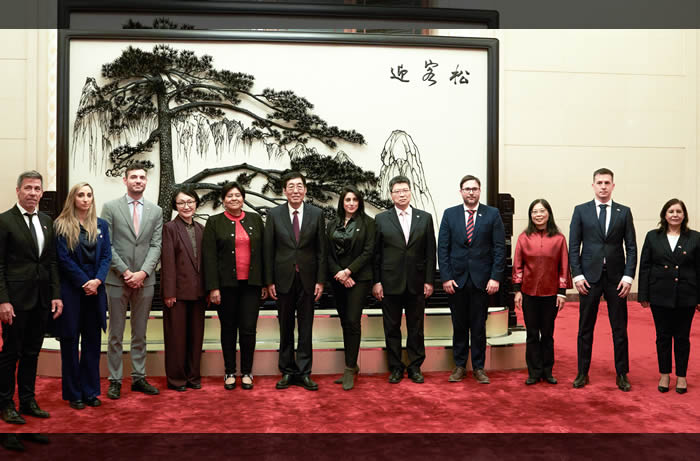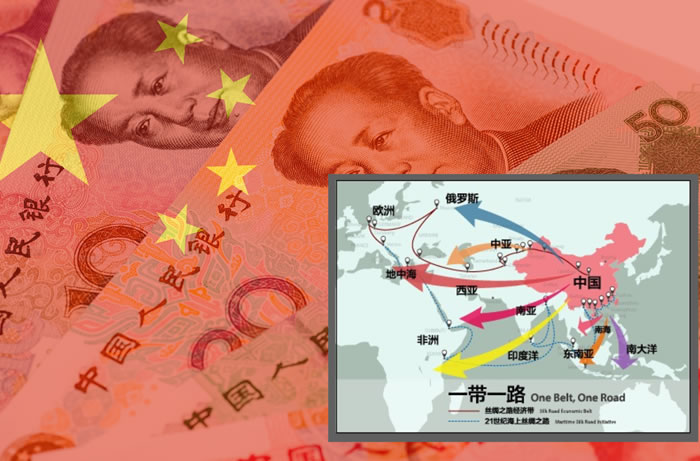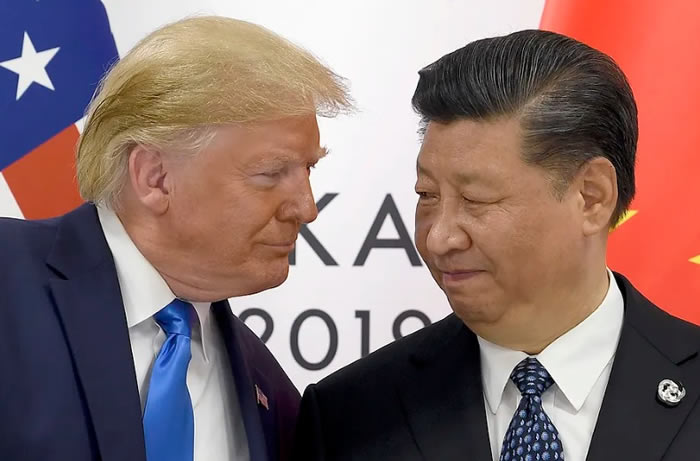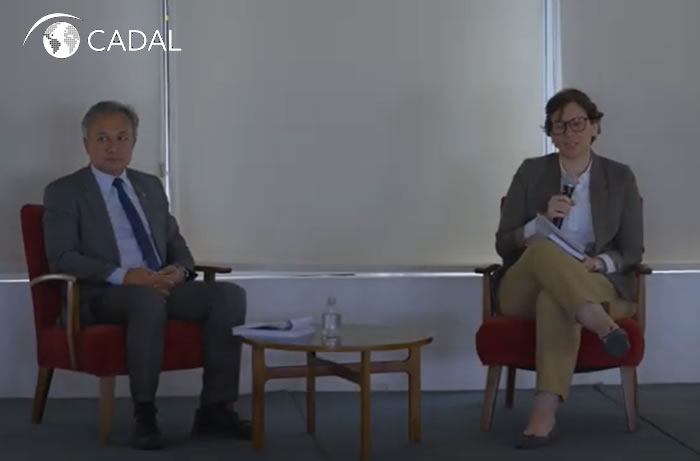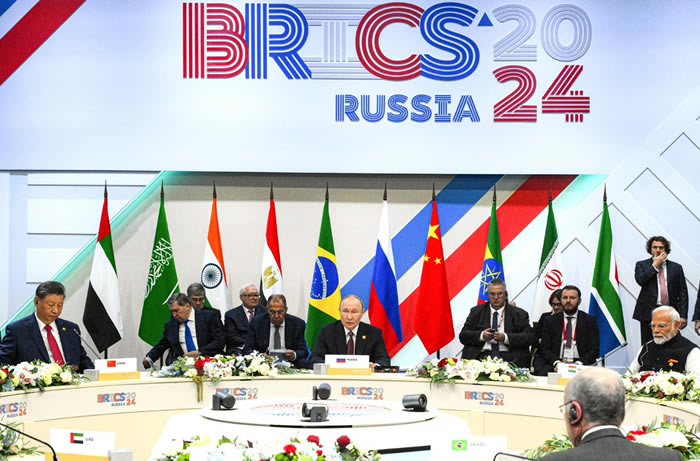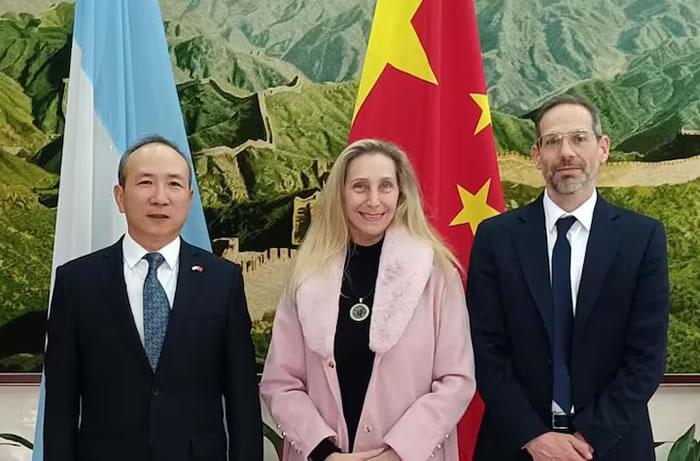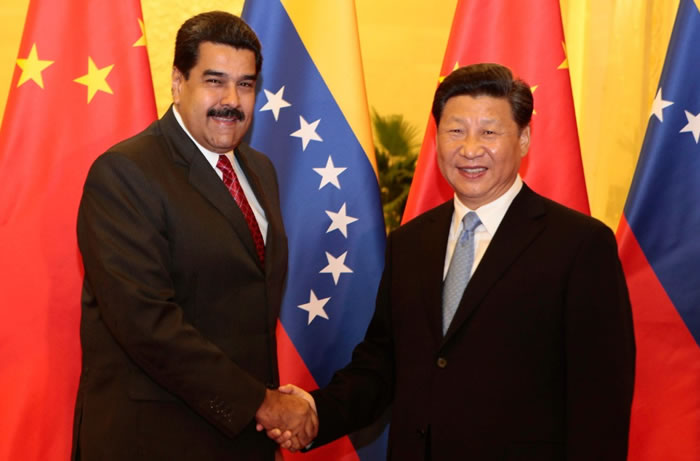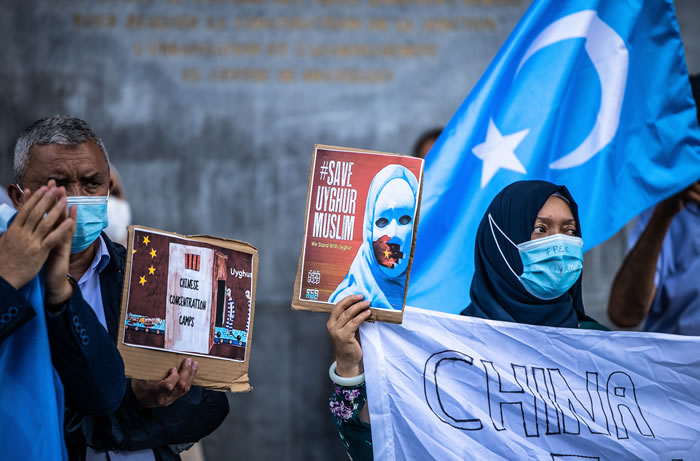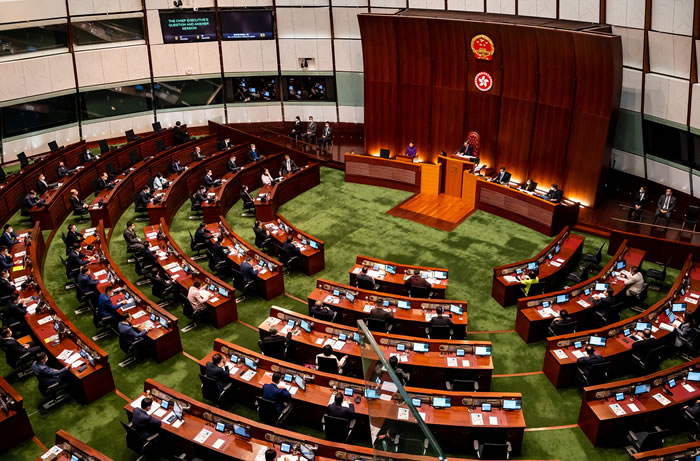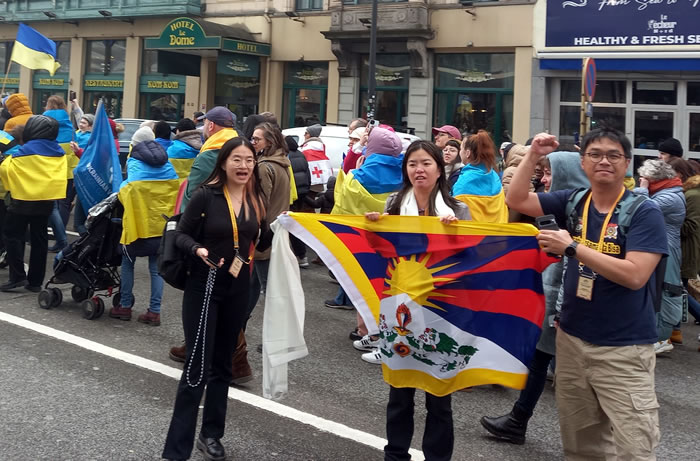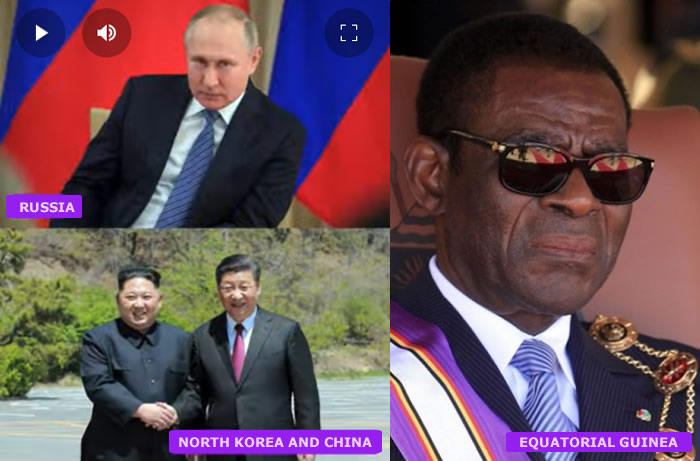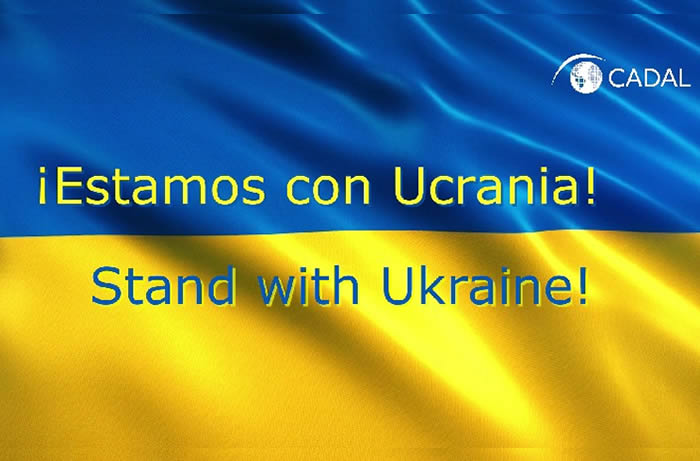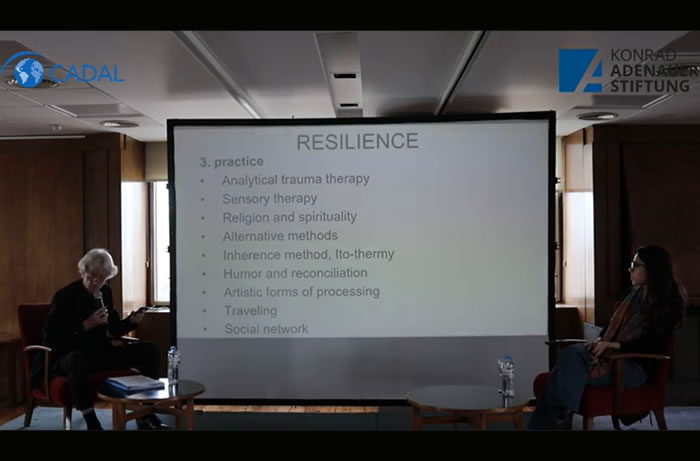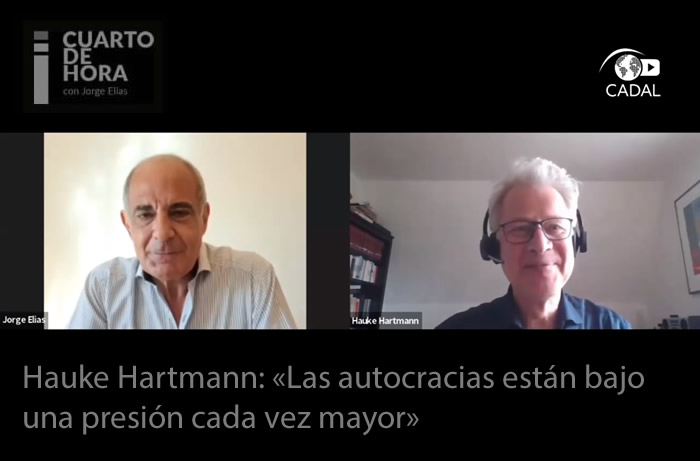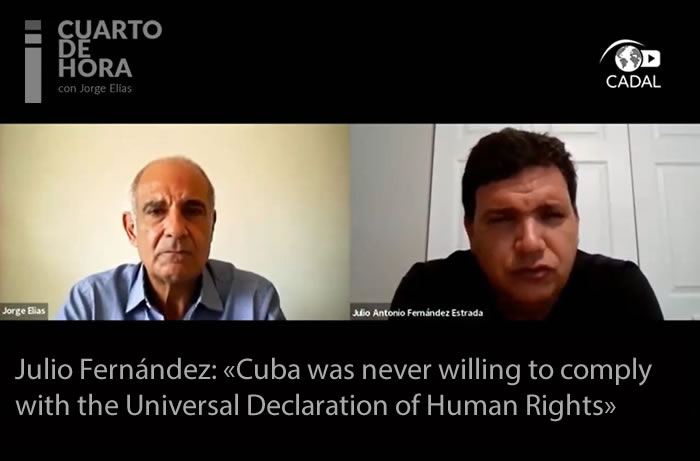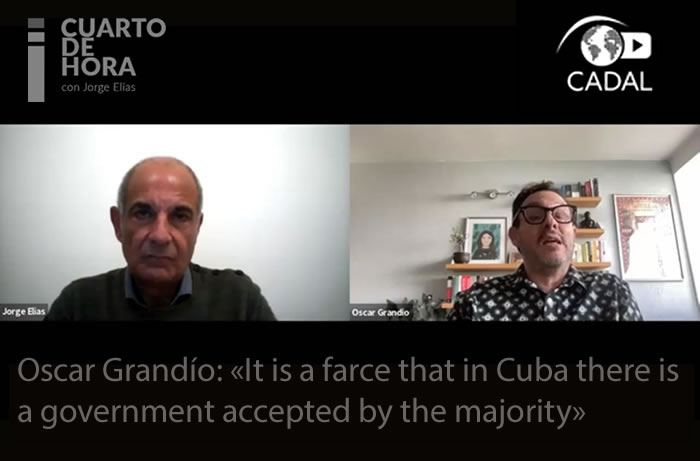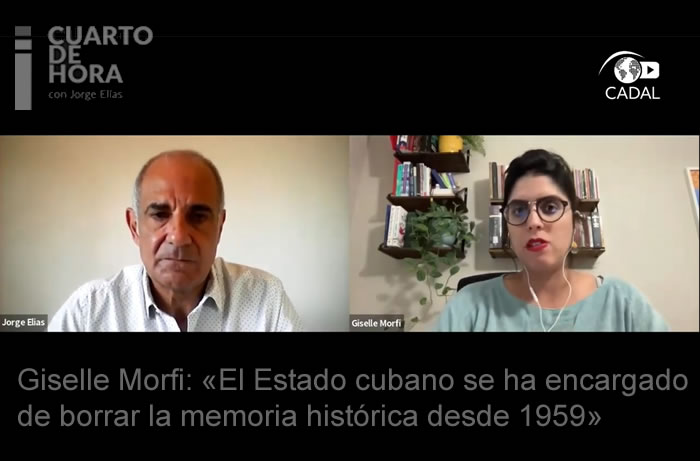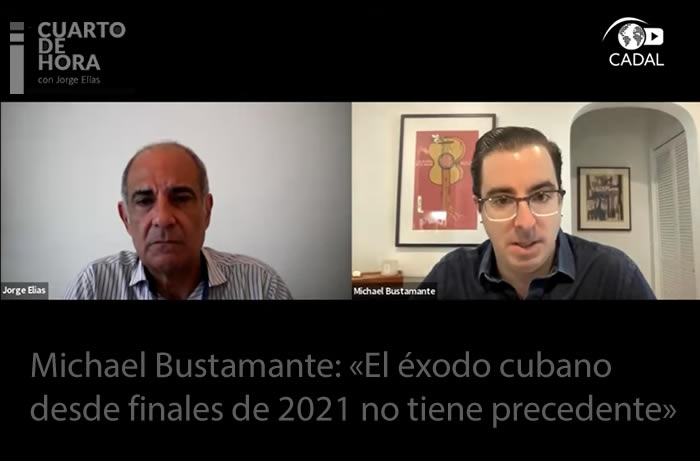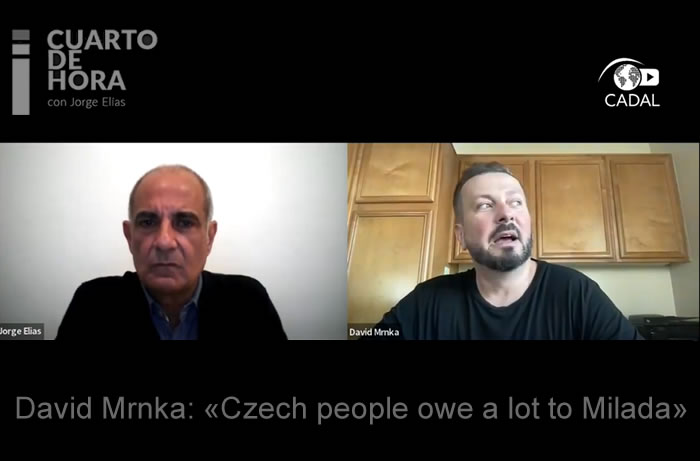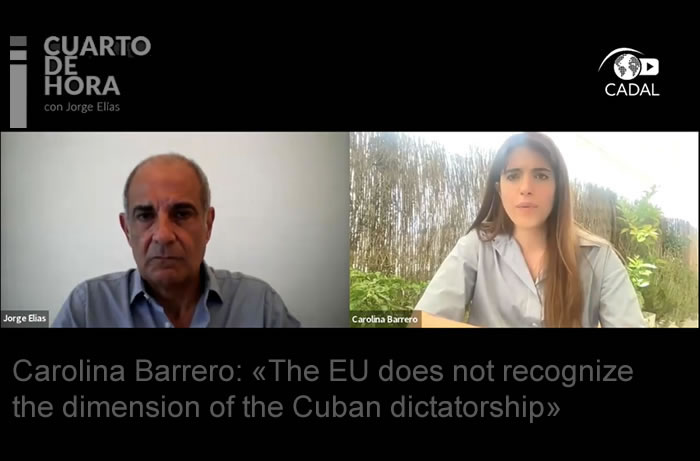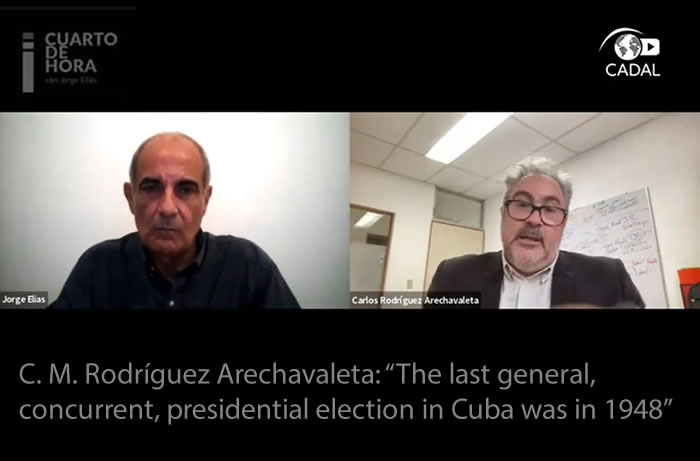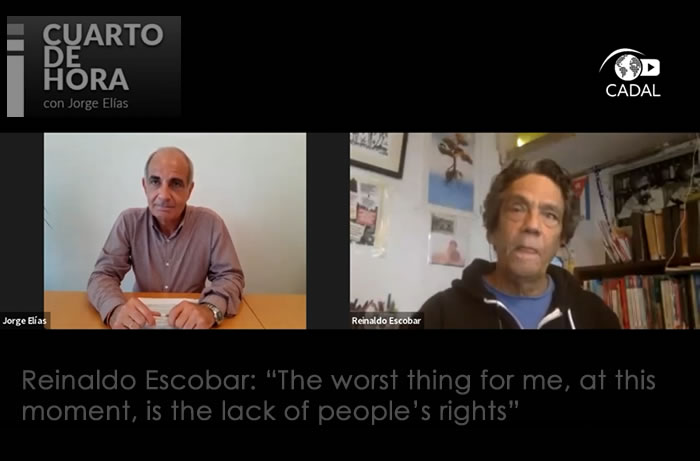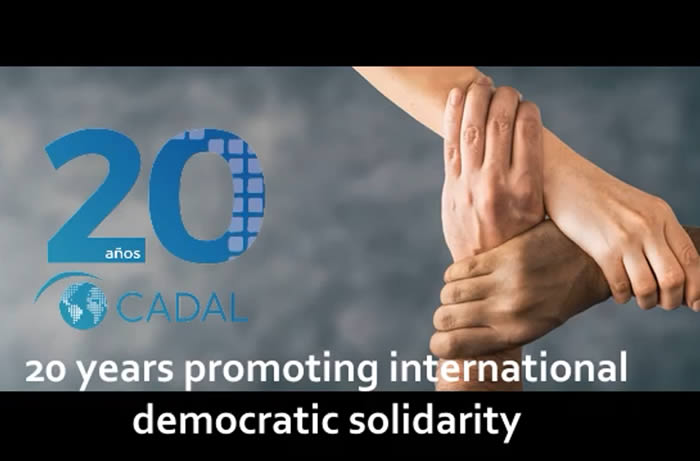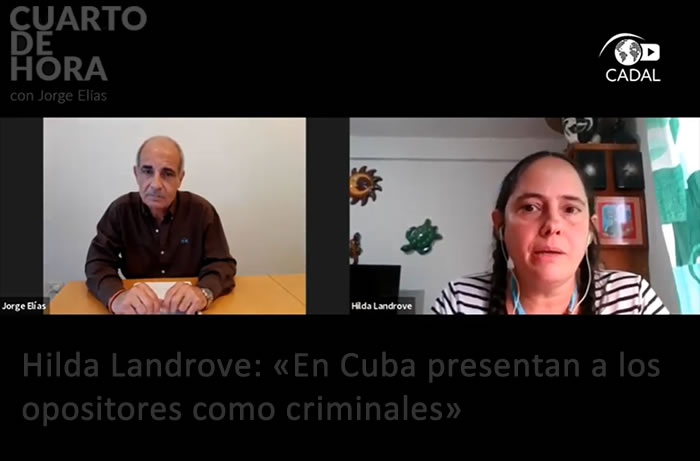Statements
The Sinic Analysis
Incorporation to the International Tibet Network
Network members are committed to non-violence as a fundamental principle of the Tibetan struggle. They regard Tibet as an occupied country and recognise the Tibetan Government in Exile as the sole legitimate government of the Tibetan people. Beyond these principles, the International Tibet Network respects the variety of views and opinions of its member organisations. Nowadays the Network has more than 180 member organisations.
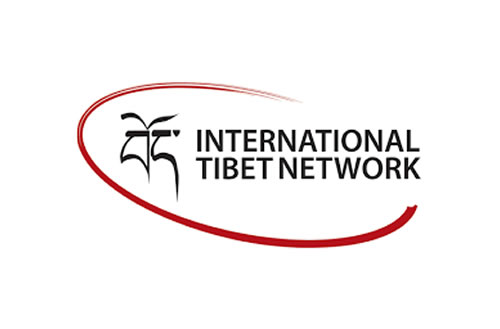
On March 23 2021, CADAL Administrative Board approved the organisation’s incorporation to the International Tibet Network. The International Tibet Network is a global coalition of Tibet-related non-governmental organisations. Its purpose is to maximise the effectiveness of the worldwide Tibet movement. The Network works to increase the capacity of the organisations, develop coordinated strategic campaigns, and encourage increased cooperation among organisations.
Network members are committed to non-violence as a fundamental principle of the Tibetan struggle. They regard Tibet as an occupied country and recognise the Tibetan Government in Exile as the sole legitimate government of the Tibetan people. Beyond these principles, the International Tibet Network respects the variety of views and opinions of its member organisations. Nowadays the Network has more than 180 member organisations.
China has now occupied Tibet since 1949, through an illegal invasion which it calls the ‘Peaceful Liberation of Tibet’. It’s objective has been to assimilate Tibet into mainland China.
The elevation of Xi Jinping in 2012 brought no positive changes in human rights, rather the reverse. The Chinese government has been increasingly hostile towards human rights defenders, unleashing a harsh crackdown on civil society, especially in Tibet. In July 2015, these policies resulted in the prison death of prominent Tibetan Buddhist leader, Tenzin Delek Rinpoche, who had been persecuted and incarcerated for life on trumped-up criminal charges.
China has been unable to crush a new wave of dissent that began in 2008, during the Beijing Olympics. The peaceful protests of 2008 were characterized by the participation of young people, many carrying photographs of the Dalai Lama and calling for his return. Despite a savage repression, and Xi Jinping’s promise to “fight against separatist activities” and “completely destroy any attempt to undermine stability in Tibet”, protests continue today, including a tragic wave of self-immolations where the overwhelming majority of protesters have lost their lives, calling for freedom and the return of the Dalai Lama.
Among the antecedents of international democratic solidarity regarding the human rights situation in Tibet, CADAL has maintained exchanges with Tibetan colleagues in the Forum2000 conferences in Prague, and in the conferences of the World Movement for Democracy; it has issued several publications on the topic and incentives Argentina to join the campaign “A flag for the Tibet” every March 10. CADAL’s position regarding Tibet was one of the reasons why China vetoed its request of consultative status before the United Nations, together with Cuba, Russia and Venezuela.

On March 23 2021, CADAL Administrative Board approved the organisation’s incorporation to the International Tibet Network. The International Tibet Network is a global coalition of Tibet-related non-governmental organisations. Its purpose is to maximise the effectiveness of the worldwide Tibet movement. The Network works to increase the capacity of the organisations, develop coordinated strategic campaigns, and encourage increased cooperation among organisations.
Network members are committed to non-violence as a fundamental principle of the Tibetan struggle. They regard Tibet as an occupied country and recognise the Tibetan Government in Exile as the sole legitimate government of the Tibetan people. Beyond these principles, the International Tibet Network respects the variety of views and opinions of its member organisations. Nowadays the Network has more than 180 member organisations.
China has now occupied Tibet since 1949, through an illegal invasion which it calls the ‘Peaceful Liberation of Tibet’. It’s objective has been to assimilate Tibet into mainland China.
The elevation of Xi Jinping in 2012 brought no positive changes in human rights, rather the reverse. The Chinese government has been increasingly hostile towards human rights defenders, unleashing a harsh crackdown on civil society, especially in Tibet. In July 2015, these policies resulted in the prison death of prominent Tibetan Buddhist leader, Tenzin Delek Rinpoche, who had been persecuted and incarcerated for life on trumped-up criminal charges.
China has been unable to crush a new wave of dissent that began in 2008, during the Beijing Olympics. The peaceful protests of 2008 were characterized by the participation of young people, many carrying photographs of the Dalai Lama and calling for his return. Despite a savage repression, and Xi Jinping’s promise to “fight against separatist activities” and “completely destroy any attempt to undermine stability in Tibet”, protests continue today, including a tragic wave of self-immolations where the overwhelming majority of protesters have lost their lives, calling for freedom and the return of the Dalai Lama.
Among the antecedents of international democratic solidarity regarding the human rights situation in Tibet, CADAL has maintained exchanges with Tibetan colleagues in the Forum2000 conferences in Prague, and in the conferences of the World Movement for Democracy; it has issued several publications on the topic and incentives Argentina to join the campaign “A flag for the Tibet” every March 10. CADAL’s position regarding Tibet was one of the reasons why China vetoed its request of consultative status before the United Nations, together with Cuba, Russia and Venezuela.
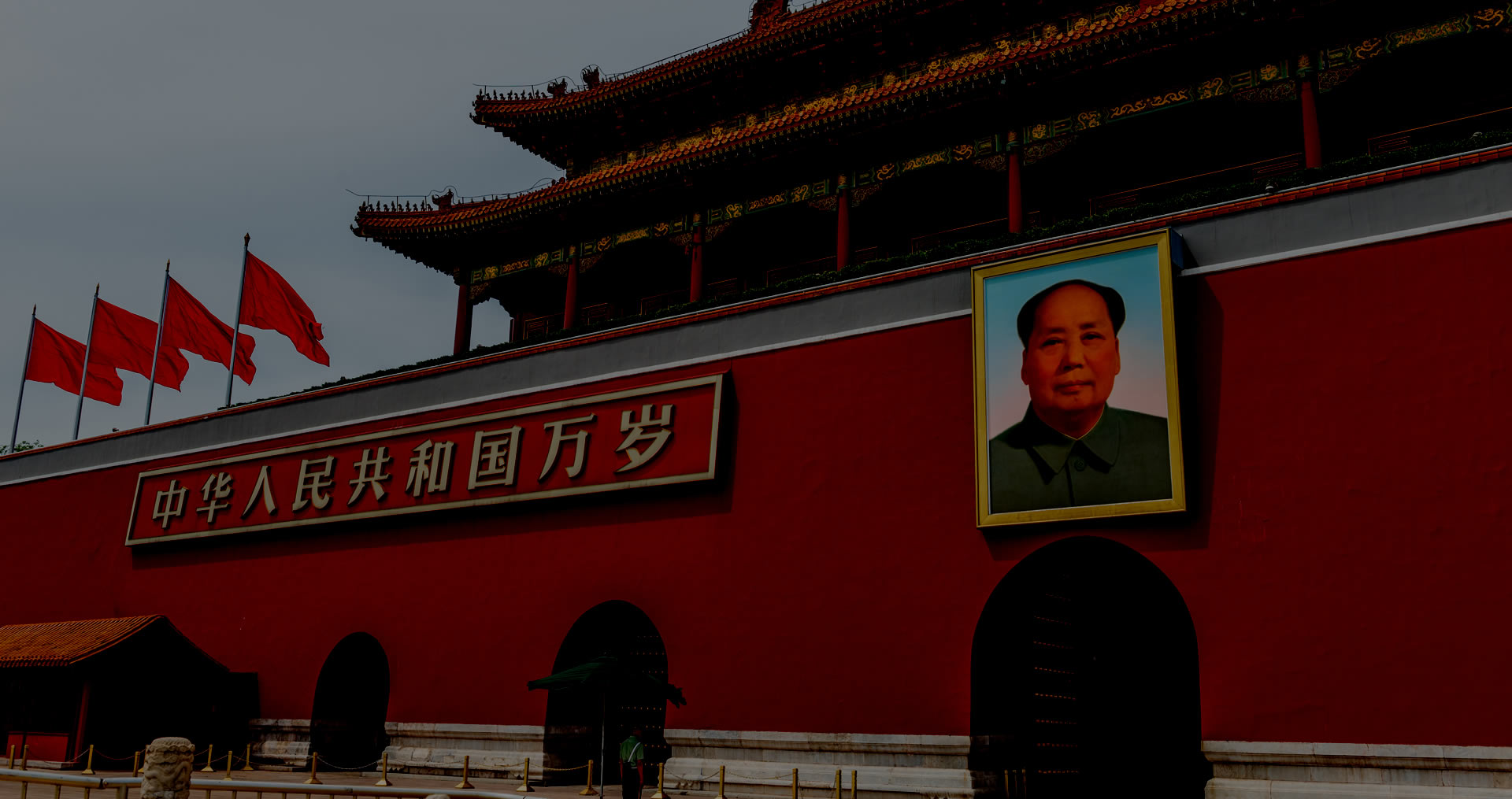


 Leer esta nota en Español
Leer esta nota en Español